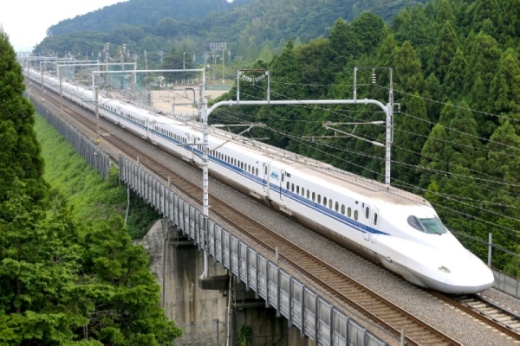Holly Reed, managing director of external affairs for Texas Central, said the company expects to receive two federal approvals by mid-2020—one for environmental and one for safety and technology—that are needed before construction can begin
“Once received, the project will be able to break ground and begin the five- to six-year construction timeline,” Reid said in a Jan. 15 email.
Texas Central announced an Early Contract Involvement agreement with train system installation firm Mass. Electric Construction Co. in late November. The agreement covered work through the end of 2019 to define the scope, execution plan, schedule and cost of a construction contract, officials said.
A construction contract was expected to be signed before the end of 2019, but Reid said a final agreement would be signed sometime in 2020 before construction begins. Construction would take place simultaneously along the entire route, she said.
If the contract is signed, Mass. Electric Construction Co. would install the Tokaido Shinkansen technology used by Central Japan Railway as well as safety elements of the project, including power, signaling and communications equipment. The company has worked on other transportation projects in Texas, including phase two of Houston’s Light Rail System and Dallas Area Rapid Transit’s green line light rail, according to Texas Central.
Texas Central claims the $12 billion construction process would be privately funded, and the train would transport 6 million annual riders by 2029.
“This project is being done in the right place, at the right time, in the right way,” Reid said. “The Texas High-Speed Train will be the safest, most efficient way to move the maximum number of people using the minimum amount of land.”
However, members of opposition groups such as ReRoute the Route said Texas Central's timeline is unrealistic based on the federal and state approvals still needed before construction can begin.
While not fully opposed to the idea of high-speed rail, ReRoute the Route launched in early 2019 to advocate for more safety in the proposed plan, spokesperson Taylor Ward said in an email.
“Texas Central has chosen the most dangerous and cheapest route that forces the project to be designed in a way that has negative consequences for the safety of Texans, the economy, environment and families along the proposed route,” he said.
For instance, a curvy path through Hockley and track buckling due to extreme summer heat could lead to train derailments, according to Ward. ReRoute the Route advocates also believe the proposed Northwest Mall endpoint would not relieve traffic in the area, and a downtown Houston station would make more economical and logistic sense, he said. Ward also said Texas Central officials did not properly assess the project’s effects on local air and water quality.





